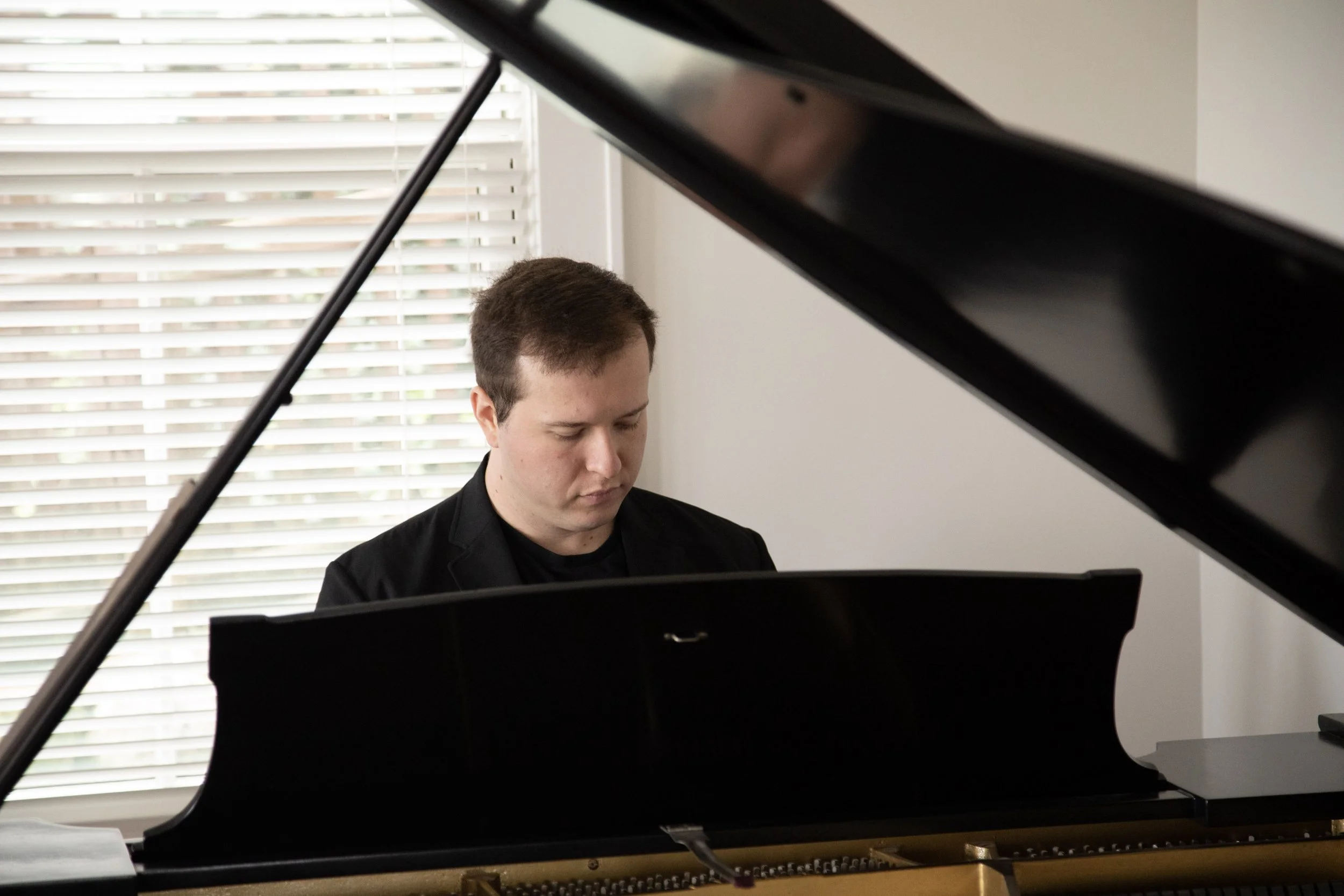Biography:
Daniel Zlatkin's music has been described as "fascinating" and "galvanizing" by the Boston Globe. His music often focuses on creating intense, meditative spaces. His primary musical guide is the voice.
Some institutions which have featured his work include the Tanglewood Music Center, Moody Center for the Arts (Houston), Château de Fontainebleau, National Sawdust, Midwest Composers Symposium, New York City Contemporary Music Salon, Fisher Center for the Performing Arts (Hudson Valley), Unerhörte Musik (Berlin), Citadelle Art Museum (Canadian, Texas), June in Buffalo, Kaufman Music Center (New York), Prismatic Congruency (Boston), National Flute Association, and Sprengel Museum (Hannover).
Some ensembles he has collaborated with include the Da Capo Chamber Players, The Orchestra Now, Khorikos, Choral Chameleon, Ensemble Modern, Talea Ensemble, New Fromm Players, The Brass Project, Vanguard Reed Quintet, Switch~ Ensemble, Nunc, Lake Forest Civic Orchestra, and Ensemble du Bout du Monde.
Daniel holds degrees from Bard College (BM, BA '16), the University of Michigan (MM '18), and Rice University (DMA '24). He currently resides in Houston, Texas. Current projects include an extended work for the University of Northern Iowa flute choir and several choral compositions.
—
*Updated July 2024.
Artist Statement:
As a musician and a thinker, I care a great deal about earnestness and authenticity. I enjoy music which is unafraid to be different from expectation or convention, even provocatively so. I am interested in how the mediums of music and psychology intertwine. I enjoy the artistic approaches of both expressionism and minimalism, and I often think about ways these approaches may be combined or reconciled.
When I compose, I am deeply aware of the purpose of what I am creating. I write much music that is personal and private, but I also care about creating music which serves a role within the broader community. I am interested in how music stimulates critical thinking and humanist values.
My music finds its origin in the voice, from within. I think of the voice as the most reliable guide towards what is musically natural, comfortable, and idiomatic. To me, the voice is music's most organic element.
I imagine music as a space separate from the world we live in, a meditative place that I can create, stretched reality.
